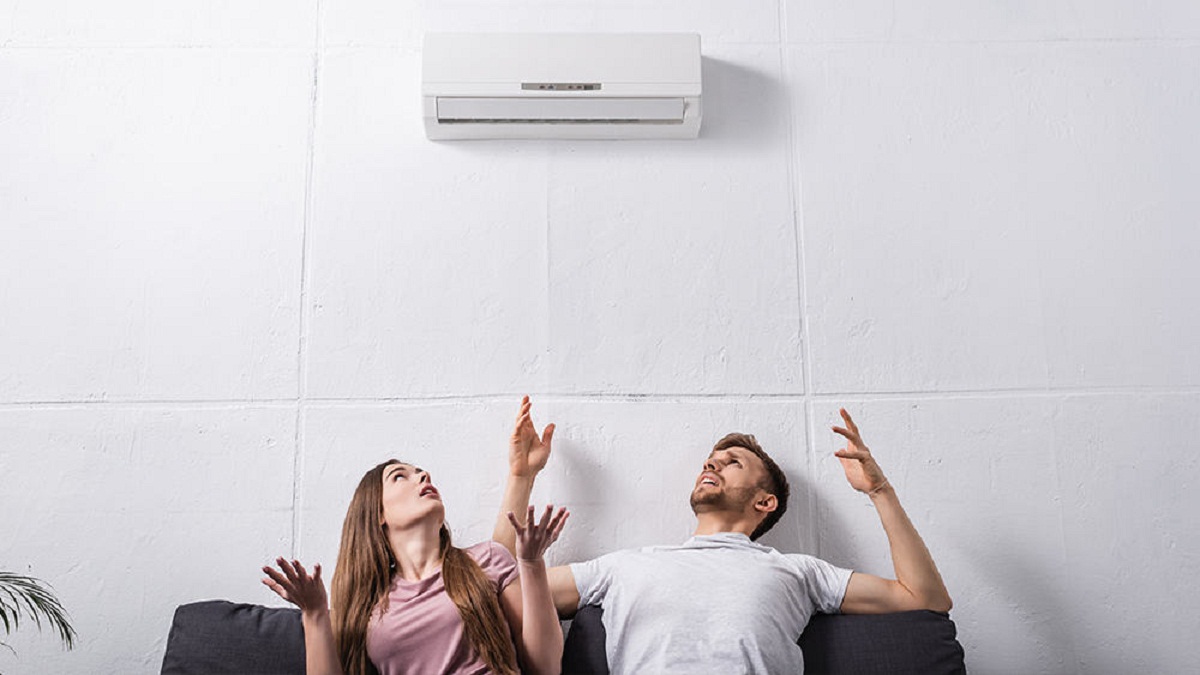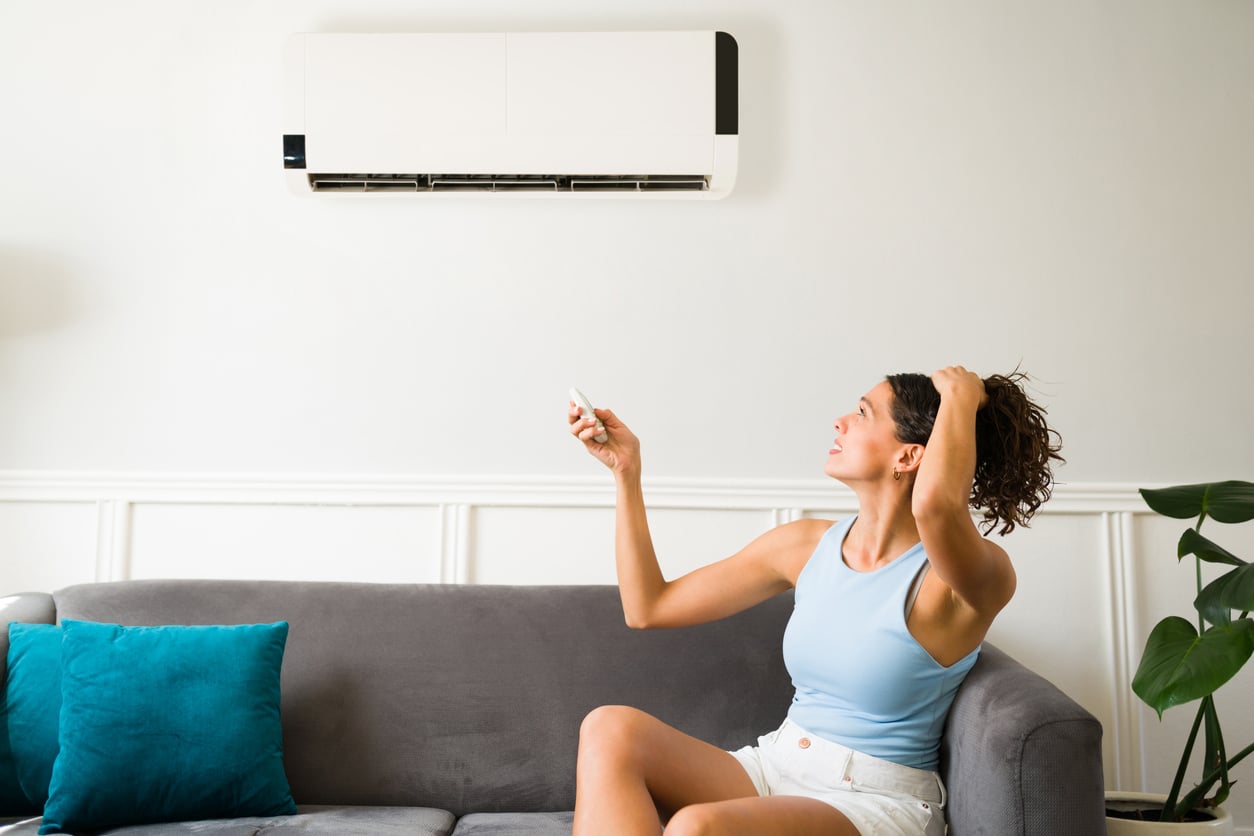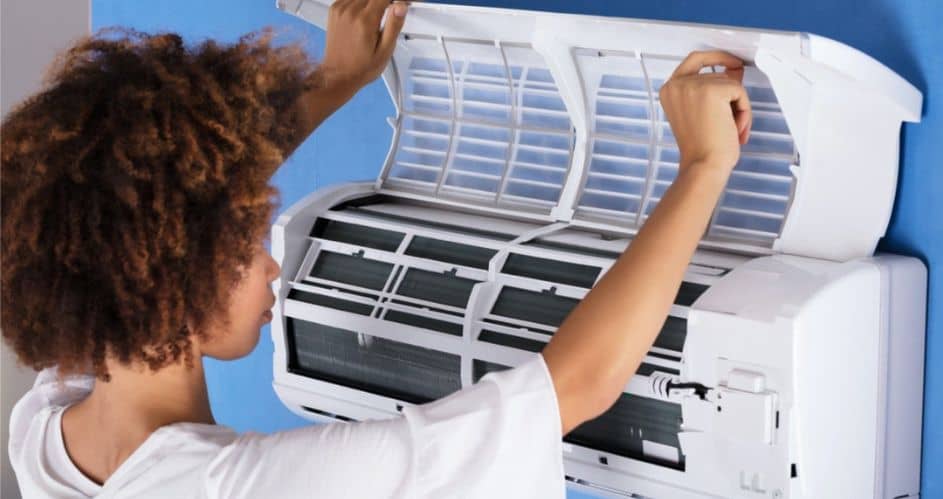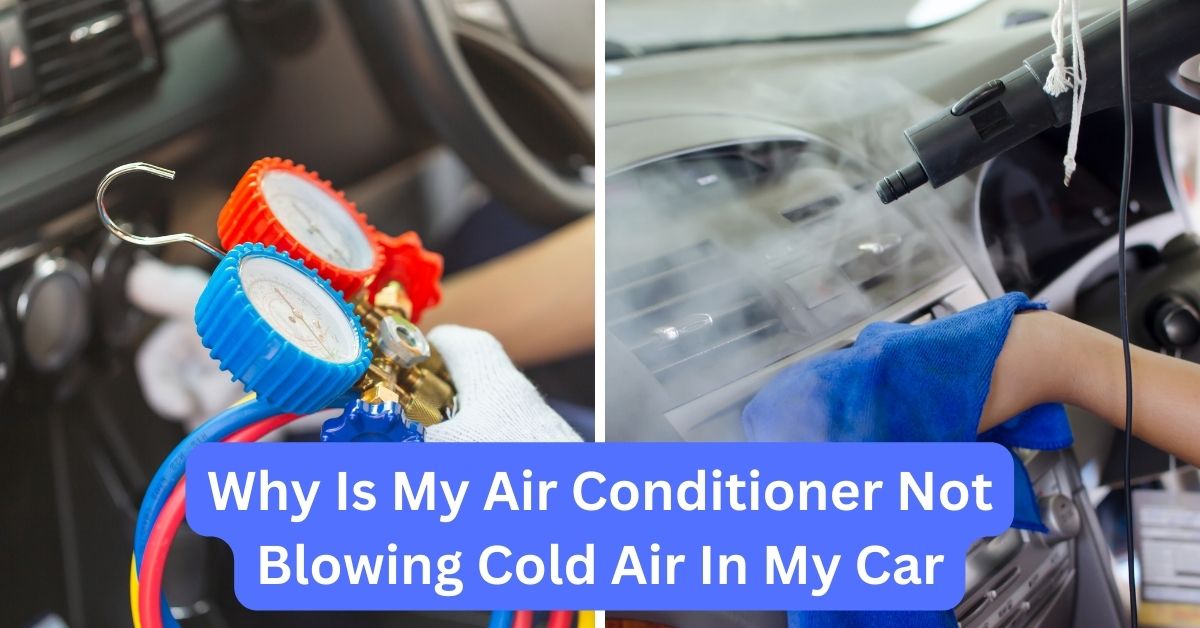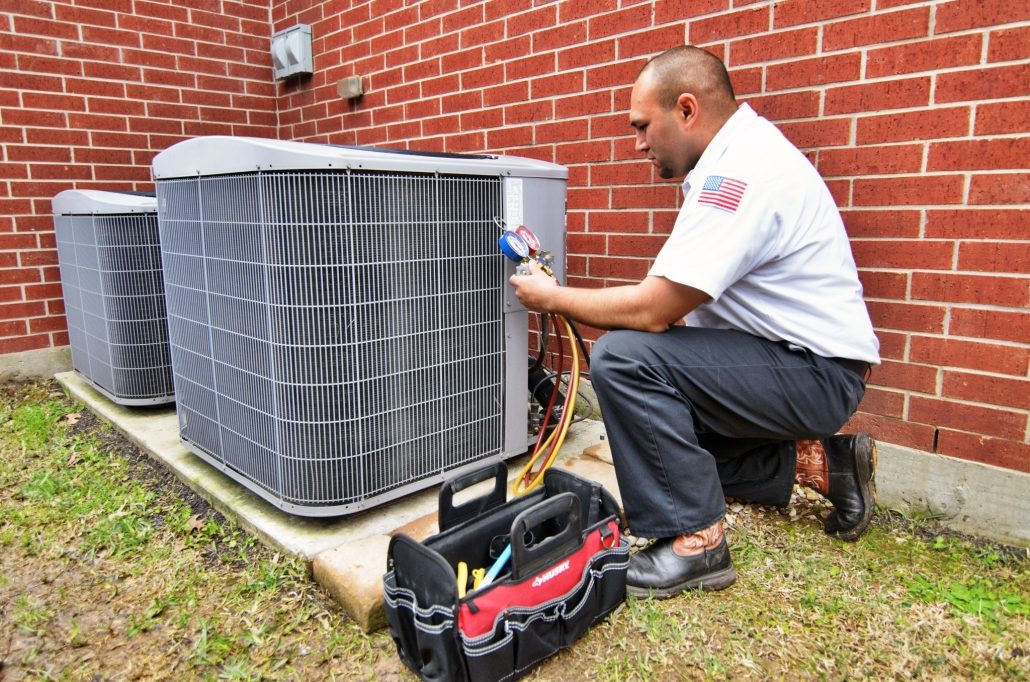Why Is My Ac Blowing Air But Not Cooling

Frequently Asked Questions: Why Is My AC Blowing Air But Not Cooling?
It's a frustrating situation: your air conditioner is running, blowing air, but the air isn't cold. Before you call for professional help, let's explore some common reasons why this might be happening and what you can do about it. This FAQ addresses the most frequent questions we receive about this issue.
Q: Why is my AC unit blowing air, but the air is warm?
There are several potential reasons why your AC might be blowing warm air instead of cold air. Here are some of the most common culprits:
- Refrigerant Leaks: This is perhaps the most frequent cause. Refrigerant is the chemical that actually cools the air. If you have a leak, the level of refrigerant will drop, and your AC's cooling capacity will diminish or disappear entirely. You should not attempt to fix a refrigerant leak yourself. It requires specialized tools and knowledge.
- Dirty Air Filter: A clogged air filter restricts airflow over the evaporator coil (located inside your indoor unit). This reduces the coil's ability to absorb heat, leading to warmer air being blown into your home.
- Dirty Condenser Coils: The condenser coil (located in the outdoor unit) releases heat outside. If these coils are covered in dirt, leaves, or debris, they won't be able to efficiently dissipate heat, resulting in warm air blowing inside.
- Frozen Evaporator Coil: Believe it or not, a lack of airflow (often caused by a dirty filter) can cause the evaporator coil to freeze. Ice on the coil prevents it from absorbing heat properly.
- Blocked or Dirty Ductwork: If your ductwork is blocked with debris or very dirty, the air being cooled may struggle to reach the vents effectively, and the air coming out could be warmer.
- Faulty Compressor: The compressor is the heart of your AC system. If it's failing, it won't be able to compress the refrigerant properly, leading to a significant reduction in cooling power. This is usually a more serious repair.
- Damaged or Broken Fan Motor: The fan in your outside unit is responsible for blowing air across the coils and dissipating heat. If the fan motor is not working correctly, the system will struggle to cool.
- Thermostat Issues: Sometimes, the problem isn't with the AC unit itself but with the thermostat settings. Ensure it's set to "cool" and the temperature is lower than the current room temperature.
Q: How can I tell if my AC is low on refrigerant?
Identifying a refrigerant leak can be tricky without specialized equipment, but there are some telltale signs:
- Warm Air: This is the primary symptom. The air coming from your vents isn't as cold as it used to be.
- Ice Formation: As mentioned earlier, a refrigerant leak can cause the evaporator coil to freeze. Look for ice buildup on the indoor unit.
- Longer Cooling Cycles: Your AC might run for extended periods without effectively cooling the house.
- Hissing or Bubbling Noises: You might hear a hissing or bubbling sound coming from the AC unit, which could indicate a refrigerant leak.
- Higher Energy Bills: A system struggling to cool due to low refrigerant will work harder, resulting in increased energy consumption and higher utility bills.
If you suspect a refrigerant leak, contact a qualified HVAC technician immediately. They can properly diagnose the leak, repair it, and recharge the system with the correct amount of refrigerant.
Q: Can a dirty air filter really cause my AC to blow warm air?
Absolutely! A dirty air filter is one of the most common causes of AC problems, including blowing warm air. Here's why:
- Restricted Airflow: A dirty filter restricts the amount of air flowing through the system. This reduced airflow affects the evaporator coil's ability to absorb heat.
- Evaporator Coil Freezing: When airflow is severely restricted, the evaporator coil can get too cold and freeze over. Ice acts as an insulator, preventing the coil from absorbing heat effectively.
- Overworked System: A dirty filter forces the blower motor to work harder to circulate air, potentially leading to premature failure.
Regularly replacing your air filter (typically every 1-3 months, depending on usage and filter type) is a simple but crucial maintenance task that can prevent a host of problems and keep your AC running efficiently.
Q: My outdoor AC unit (condenser) is covered in leaves and dirt. Could that be the problem?
Yes, definitely! The condenser coil in your outdoor unit needs to be able to release heat effectively. If it's covered in debris, it can't do its job properly, leading to reduced cooling performance. Here's why:
- Reduced Heat Transfer: Dirt and debris act as insulation, preventing the condenser coil from releasing heat into the surrounding air.
- Overheating: The compressor can overheat if the condenser coil can't dissipate heat efficiently, potentially leading to compressor failure.
- Increased Energy Consumption: The AC system will have to work harder to achieve the desired temperature, resulting in higher energy bills.
To clean the condenser coils, turn off the power to the unit at the disconnect box. Then, use a garden hose with a gentle spray nozzle to rinse away dirt and debris. Avoid using a pressure washer, as it can damage the delicate fins on the coil.
Q: What if my evaporator coil is frozen? How do I fix it?
A frozen evaporator coil is a sign that something is amiss, and it needs to be addressed promptly. Here's what to do:
- Turn off the AC: The first step is to turn off your air conditioner at the thermostat. This will stop the compressor from running and prevent further damage.
- Turn on the Fan: Set the thermostat to "fan only" mode. This will circulate air over the frozen coil and help it thaw out.
- Check the Air Filter: As mentioned earlier, a dirty air filter is a common cause of a frozen coil. Replace the filter with a clean one.
- Wait: Allow several hours for the coil to thaw completely. You may need to wait up to 24 hours in severe cases.
- Restart the AC: Once the coil has thawed, turn the AC back on and monitor its performance.
If the evaporator coil freezes again soon after restarting the AC, it indicates a more serious underlying problem, such as a refrigerant leak or a malfunctioning blower motor. In this case, contact a qualified HVAC technician for diagnosis and repair.
Q: When should I call a professional HVAC technician?
While some AC problems can be resolved with simple DIY fixes, others require the expertise of a qualified HVAC technician. Here are some situations where professional help is necessary:
- Refrigerant Leaks: As mentioned earlier, refrigerant leaks require specialized equipment and knowledge to repair.
- Compressor Problems: Diagnosing and repairing compressor issues is a complex task that should be left to professionals.
- Electrical Issues: If you suspect any electrical problems with your AC unit, such as a faulty capacitor or wiring issues, call a technician immediately.
- Frozen Evaporator Coil (Recurring): If your evaporator coil freezes repeatedly, it indicates an underlying problem that needs to be addressed by a professional.
- Unfamiliar Noises: Unusual noises coming from your AC unit, such as banging, grinding, or squealing, can indicate serious mechanical problems.
- No Cooling After Trying Basic Troubleshooting: If you've tried the basic troubleshooting steps (cleaning the filter, cleaning the coils, etc.) and your AC is still not cooling, it's time to call a professional.
- Suspect Ductwork Issues: If you suspect there may be significant damage or disconnected sections of ductwork, it is best to have them inspected and repaired by a professional.
Don't hesitate to call a qualified HVAC technician if you're unsure about the cause of your AC problem or if you're not comfortable performing the repairs yourself. Attempting to fix complex issues without the proper training and equipment can be dangerous and could potentially damage your AC unit further. Regular professional maintenance can also help to prevent these issues from occurring in the first place.
Q: How often should I schedule AC maintenance?
Preventative maintenance is key to keeping your AC running efficiently and preventing costly repairs. Here's a general guideline:
- Annual Tune-Up: Schedule a professional AC tune-up at least once a year, preferably in the spring before the cooling season begins.
- Filter Replacement: Replace your air filter every 1-3 months, depending on usage and filter type.
- Coil Cleaning: Clean the condenser coils annually, or more frequently if they become heavily soiled.
- Ductwork Inspection: Have your ductwork inspected every few years to ensure it's clean and properly sealed.
A well-maintained AC system will not only provide more reliable cooling but also operate more efficiently, saving you money on energy bills and extending the lifespan of your equipment.

